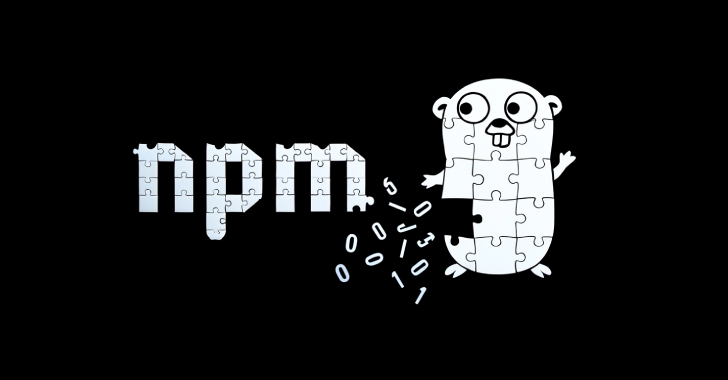
Navigating the Dark Web: Real-world Penetration Testing Scenarios
The internet is like an iceberg. The majority of its content, the vast swathes of information, remains hidden beneath the surface. This hidden realm is often termed the ‘Dark Web’, a clandestine digital realm inaccessible through regular browsers. Although often associated with illicit activities, the Dark Web also serves as an invaluable playground for cybersecurity professionals. Enter the world of penetration testing, where experts push the boundaries of network and system defenses, often using the Dark Web as their testing ground. Let’s dive deeper into this obscure territory and understand how it intertwines with real-world penetration testing scenarios.
- What is the Dark Web?
First things first, let’s demystify this realm. The Dark Web is a part of the Deep Web – that portion of the internet not indexed by traditional search engines. While the Deep Web includes benign resources like private databases and subscription-based services, the Dark Web is deliberately concealed and often houses illegal activities. It requires specific browsers, like Tor or I2P, to access.
- The Connection to Penetration Testing
Penetration testing, or pen testing, is the practice of testing a computer system, network, or application to identify vulnerabilities that attackers might exploit. With the Dark Web hosting a plethora of hacking tools, malware strains, and cybercrime forums, it becomes an imperative space for cybersecurity professionals to understand, monitor, and often simulate attacks from.
- Real-world Scenarios in Penetration Testing on the Dark Web
Identifying Stolen Data on Darknet Markets: One primary reason companies invest in penetration testing is to prevent data breaches. However, when breaches do occur, the Dark Web becomes the likely marketplace for such stolen information. By navigating these spaces, pen testers can identify if company data is up for sale, thereby understanding the extent of a data breach and formulating counter-strategies.
Understanding the Latest Malware and Exploits: The Dark Web is rife with discussions about the latest malware strains and system exploits. By lurking in these forums, pen testers can gain insights into the newest threats and simulate them in controlled environments. This proactive approach ensures that they’re always one step ahead of potential hackers.
Simulating Ransomware Attacks: Ransomware has become a formidable threat in the modern age, with major institutions falling prey. Dark Web forums often offer Ransomware-as-a-Service (RaaS) platforms. Pen testers can leverage these platforms to understand their functionalities and launch simulated attacks on their networks, thereby training their teams to handle real-world ransomware threats.
Analyzing DDoS Attack Services: Distributed Denial-of-Service (DDoS) attacks can cripple an organization’s digital infrastructure. On the Dark Web, there’s an array of DDoS-for-hire services. Pen testers, by analyzing these services, can recreate similar attack patterns in a safe environment, enabling an organization to fortify itself against actual DDoS onslaughts.
- The Ethical Considerations
While the Dark Web offers a treasure trove of information for penetration testers, it also poses significant ethical and legal dilemmas. It’s essential to remember that purchasing illicit services or interacting in illegal activities, even for research purposes, can lead to severe legal consequences.
However, a well-guided, ethical approach can help in safely navigating these treacherous waters. Pen testers should:
Always have explicit permission before conducting any tests.
Never engage in activities that might harm others or compromise personal data.
Stay updated with the local laws concerning cybersecurity practices and Dark Web access.
- Conclusion
The Dark Web, despite its notorious reputation, is an instrumental tool in the arsenal of cybersecurity professionals. By understanding and monitoring its depths, penetration testers can anticipate threats, sharpen their skills, and ensure that businesses and institutions remain fortified against the ever-evolving landscape of cyber threats.
Remember, the goal isn’t to become a part of the dark underbelly of the internet, but rather to understand it, to anticipate potential threats, and to use that knowledge for creating a safer digital environment for all.
Contact Cyber Defense Advisors to learn more about our Penetration Testing solutions.





